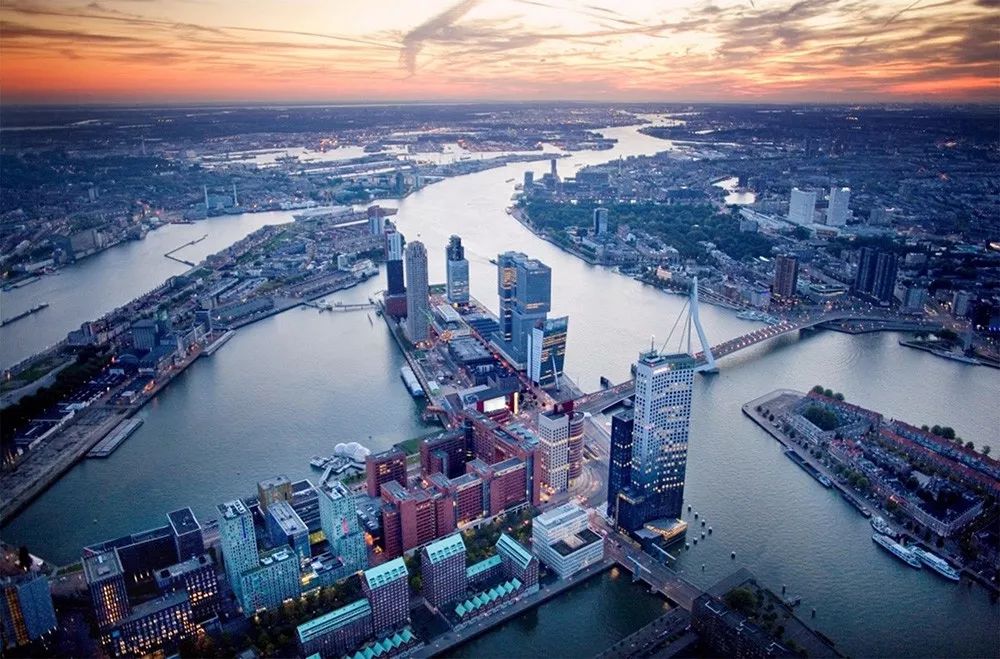由于亚洲进口需求疲软,欧洲主要海运门户的集装箱量继续下降,继邻国安特卫普-布鲁日(antwep - bruges)之后,鹿特丹港上半年吞吐量也大幅下降。
2023年上半年欧洲最大的港口货运量下降8.2%。集装箱需求低迷拖累了附近的比利时安特卫普-布鲁日港(Port of Antwerp-Bruges),吞吐量同比下降5.2%,至640万标准箱。鹿特丹港上半年吞吐量为670万标准箱,低于去年同期的720万标准箱。降幅最大的是进口,通过该港口繁忙码头的340万标准箱同比下降近10%。

鹿特丹港务局表示,高通胀带来的不确定性,预计今年全年的吞吐量将略有下降,今年剩余时间内不会出现明显反弹。
一个积极的方面是,上半年航空公司航行时间表的可靠性继续提高,Sea-Intelligence Maritime Analysis最新的船期可靠性数据显示,亚洲至北欧航线的准点率从1月份的52.1%提高到5月份的67.7%。迟到船舶的平均延误时间由1月份的5.42天提高到5月份的3.09天。鹿特丹表示,这使到港口和内陆地区的吞吐量有所改善。
鹿特丹港今年上半年在数字化方面也取得了重大进展。今年1月,Nextlogic提供的综合规划工具在经过密集的试点阶段后推出,该工具旨在解决困扰该港口多年的驳船和内河船舶拥堵问题,使港口的内河船舶得到更快的处理,从而使码头能够改善其码头的使用。
虽然货运量仍然疲软,但鹿特丹正在大力投资新的集装箱码头空间、数字化和与其绿色能源转型相关的基础设施。
鹿特丹港务局临时首席执行官兼首席运营官Boudewijn Siemons表示,上半年在建设和发行新的土地和码头墙方面取得很大进展,为绿色氢的生产和进口以及集装箱领域的额外产能腾出空间。
该港口补充说示,根据适用于氮排放的法规,港口需要更多的自由度和足够的电网容量,以便在能源转型领域实施一系列项目。
在港口的能源转型中,70个项目正在各个阶段进行,其中绿色氢能发挥着核心作用。Nextlogic预计,随着2023年更多驳船运营商的连接,深海码头90%以上的内陆运输量将使用综合规划工具进行路由。
货代网